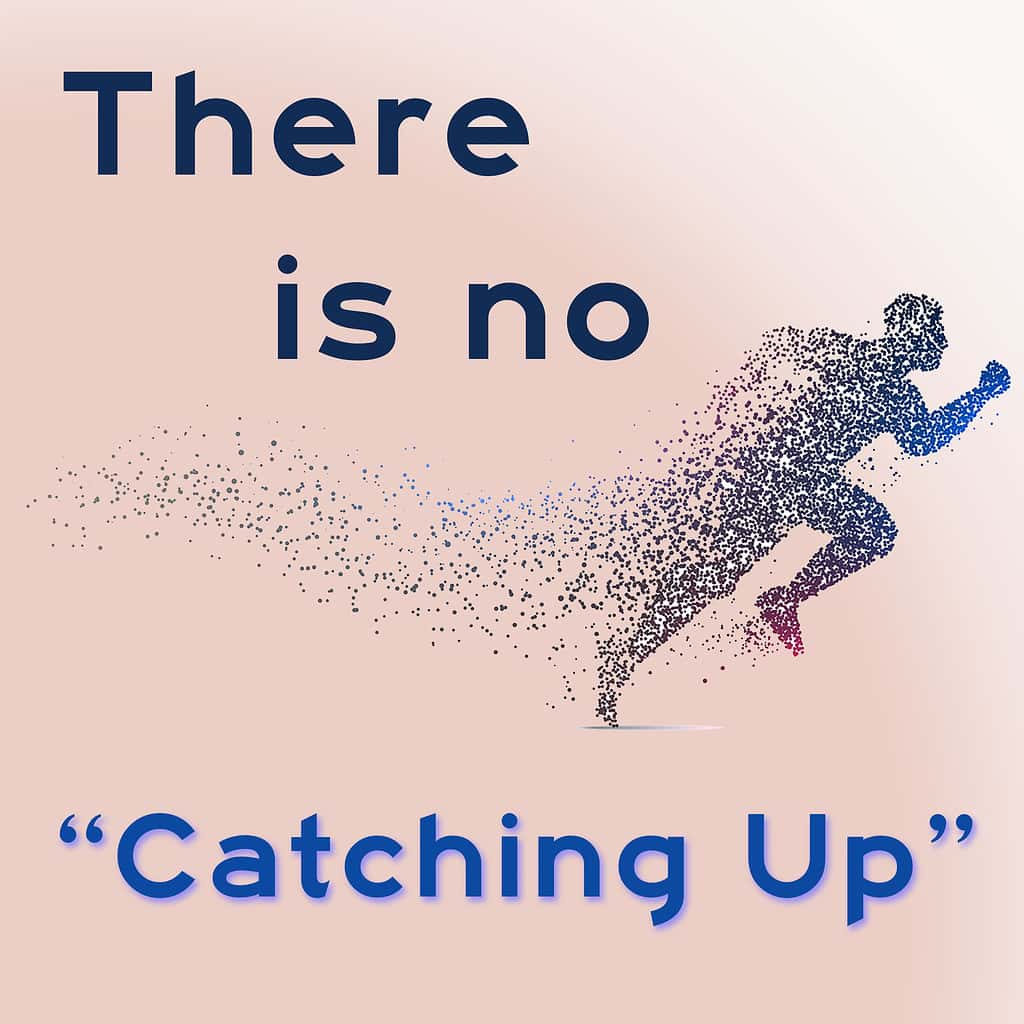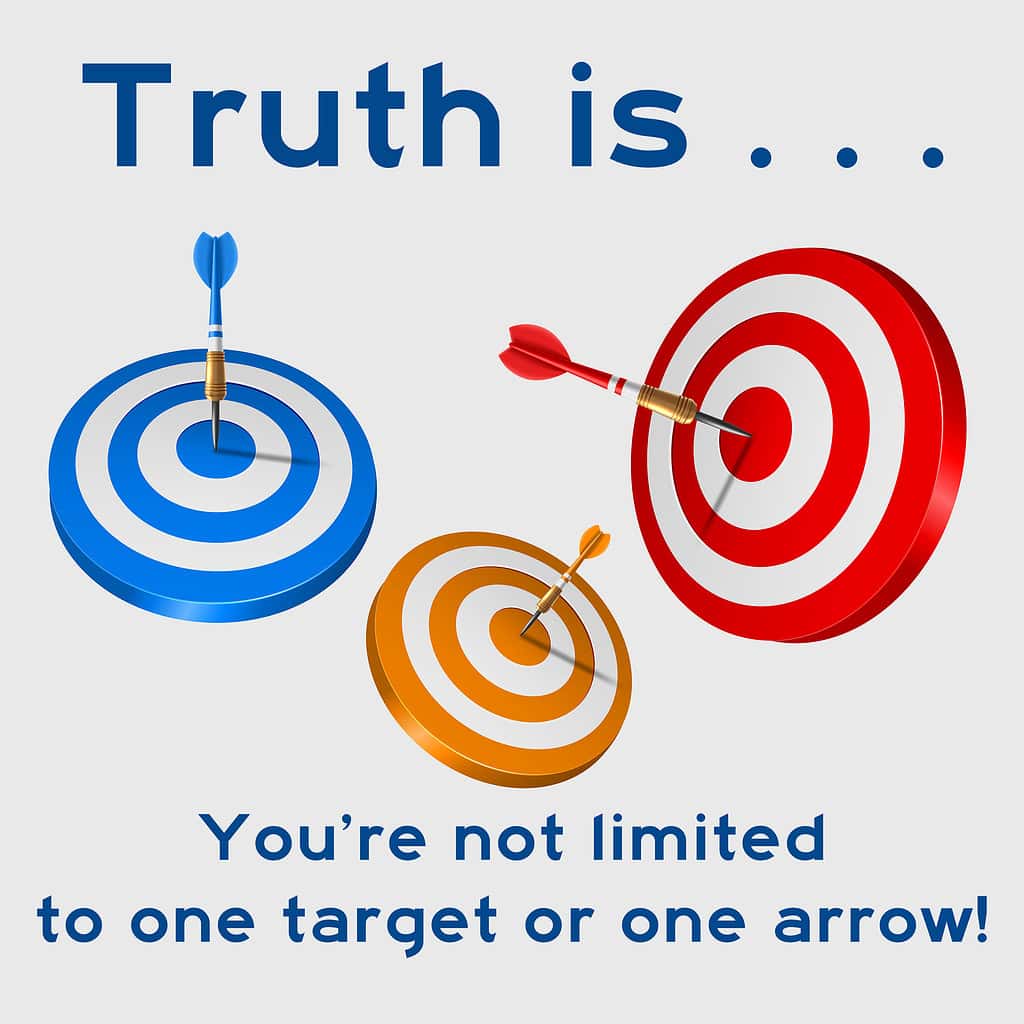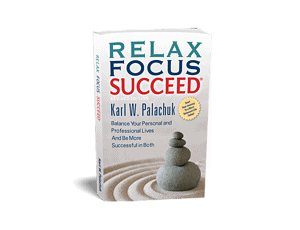Goal-Setting for the New Year
One of the (many) reasons Americans are overweight is that we “diet.” Diet was not intended to be a verb. It used to be a noun. One has a diet. One’s diet consists of moderate amounts of . . . something. But now it’s a verb. When we say we are dieting, what we really mean is that we’re going to change our eating habits for a short period of time to reduce weight.
And when we go off the diet, we’ll gain that weight back. Why? Because we haven’t changed anything else, and we haven’t made permanent changes in what we eat or how much we exercise.
Here’s the dirty little secret that everyone knows, but doesn’t want to believe: If you eat less and exercise more, you’ll lose weight. But it’s not temporary. You have to balance the calories you consume with the calories you burn. And you have to do it consistently over time.
What every dietician will tell you is that your “diet” should consist of a variety of healthy foods in a quantity that is appropriate for your desired size — and that you should maintain this for the rest of your life. You don’t go on a diet and off a diet. Your diet is what you eat on a regular basis.
Short term diet changes (“diets”) don’t do any good in the long run.
Goal setting is very much the same way. Only worse.
Most of us have spent some time setting goals, but we certainly don’t have a habit of it. We wrote those goals down but can’t find them right now.
Such goal-setting exercises are short-term or one-time things. And they aren’t really very useful. On occasion someone might be inspired and commit to a change in behavior, but this is rare.
Meaningful goal-setting is an iterative process. That means you do it, evaluate the results, do it again, evaluate the results, do it again, evaluate the results, do it again, etc.
You are always fine-tuning the goals and, at the same time, keeping in touch with them.
I am shocked when I ask people about the three most important values in their life or the three most important goals for their life. Almost no one can anwer these questions. They have to think about it.
If you are not in touch with your most important values and goals, the next question is What are you doing with your time here on earth?
There’s an old saying: “If you don’t stand for something, you’ll fall for anything.” If you don’t set you own agenda for your life, the world will do it for you!
Goal setting is a bad name (just as diet is a bad name). I wish there were a better term, but every knows what it means.
When you do set goals, it should not be thought of as an action that you check off your list.
___ Set goals for life.Check. Done.
Now where’s that remote control?
Goal-setting starts with identifying the values and principles you hold dear. Then you can define the various roles you play in your life (parent, employee, spouse, community member, etc.), and finally the goals you have for each role.
Like anything else, goal-setting can be organized into an easily-managed set of steps. Once you’ve been through it once, you just need to keep it tuned up.
Stay tuned. We’ll work through these steps over the next several posts.








3 Responses